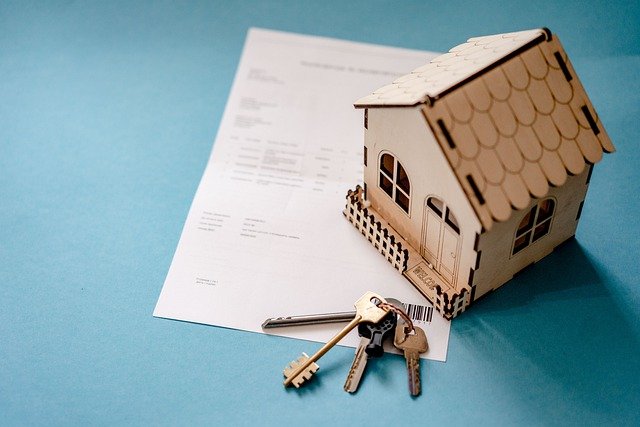What is the Minimum Equity Required for a Reverse Mortgage?

A reverse mortgage may be a reasonable choice to boost cash flow to your balance sheet if your budget in your retirement years seems a little tight. Are reverse mortgages, on the other hand, available to everyone? Certainly not.
The amount of equity in your house is one of the essential variables in establishing your eligibility for a reverse mortgage. Is there enough equity in your home to borrow against?
What Is a Reverse Mortgage and How Does It Work?
A reverse mortgage is a type of loan that permits homeowners over the age of 62 to borrow money against the equity in their principal residence. Rather than paying money to the bank to gradually gain full ownership of the house, the lender pays you in monthly installments, a lump sum, or a line of credit. The reverse mortgage is paid off when you sell your home or pass away, and your heirs sell it.
You can try bridge for free if you want more loan options.
Reverse mortgages are divided into three categories:
- Private lenders offer proprietary reverse mortgages. They don’t have the same level of oversight as a HECM, but they give homeowners with high-value properties more options.
- State and local governments and non-profits often offer single-purpose reverse mortgages to low-income homeowners who need money for house repairs or property taxes.
- The Federal Housing Authority (FHA) insures home equity conversion mortgages (HECMs), which need mortgage counseling.
The most prevalent reverse mortgage is the HECM, which has the most defined specifications.
Here, we’ll talk about how much equity you’ll need for a HECM. Your equity is determined not just by the amount you paid for your existing home but also by the home’s value.
Your equity will be more significant if you’re still paying on your mortgage, but your home has appreciated due to a robust property market.
Identifying Your Equity
Because reverse mortgages are secured by the equity you’ve developed in your house, you’ll need to know how much you have. An appraisal is required as part of the HECM application process to determine the current value of your home.
It’s easy to figure out how much equity you have once the house’s market worth has been assessed. For homeowners who own their homes outright, the solution is simple: They own the entire equity. It will be less if you still have a mortgage to pay off.
Equity Standards That Vary
Regrettably, there is some misunderstanding over the amount of equity required to qualify for a HECM. An often-quoted rule of thumb is that you must have 50% equity in your property to qualify. The Department of Housing and Urban Development (HUD) of the United States, on the other hand, is less specific in its standards.
According to HUD, homeowners must either own their property outright or have paid down a “significant amount” on their mortgage. With that wiggle room, the quantity of equity is simply one part of the qualifying criteria for approval, including the borrower’s age and financial history.
While there is no easy-to-find standard for how these characteristics affect approval, FHA-approved lenders consider when assessing how much money you can borrow. HUD has set a limit of $970,800 for everyone to borrow in 2022, regardless of equity.
What Happens to Any Unused Equity When I Sell My House?
Assume you have a reverse mortgage on your house and don’t use the equity before you die or move out. In this case, the remaining value is yours, or your heirs to pocket as profit after the home is sold. Mortgage insurance premiums cover the amount owed if you use all of your equity plus some. With a HECM, you can’t owe more than the house is worth.
How can I figure out how much equity I have?
The difference between the current appraised worth of your home and the amount you owe on it is your equity. Because property values fluctuate according to market conditions, your equity can rise or fall depending on the appraised worth of your home. Even if your payments remain the same during a period of high house values, your equity will grow. On the other hand, in a housing catastrophe, your equity may plummet as your investment—your home—depreciates in value.
What is the maximum amount I may borrow with a reverse mortgage?
The amount you can borrow is determined by your age, interest rate, and the lesser of the home’s assessed value or the HECM FHA mortgage limit. This will differ from person to person.
Older adults are usually able to borrow more money. You can borrow more money if the interest rate is lower. Because the interest will be paid when the house is sold to pay off the reverse mortgage, you won’t have to spend all of your equity before you relocate or die away.
Final Thoughts
Having equity in your home is a valuable asset in your retirement years, especially if you’re interested in a reverse mortgage. Because reverse mortgages are only available to seniors, large equity accumulation is highly likely. Other options, such as a home equity line of credit (HELOC), may be better if you bought your house recently and don’t have enough equity.
